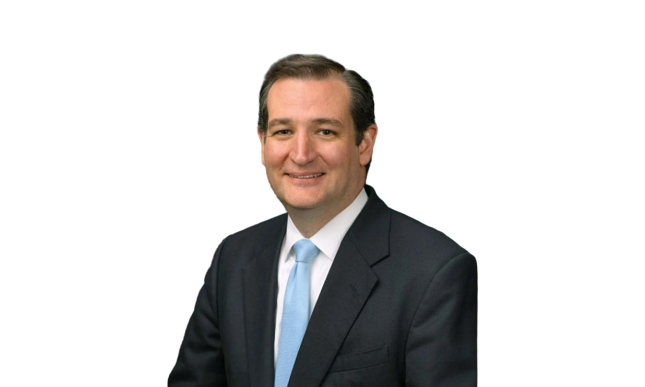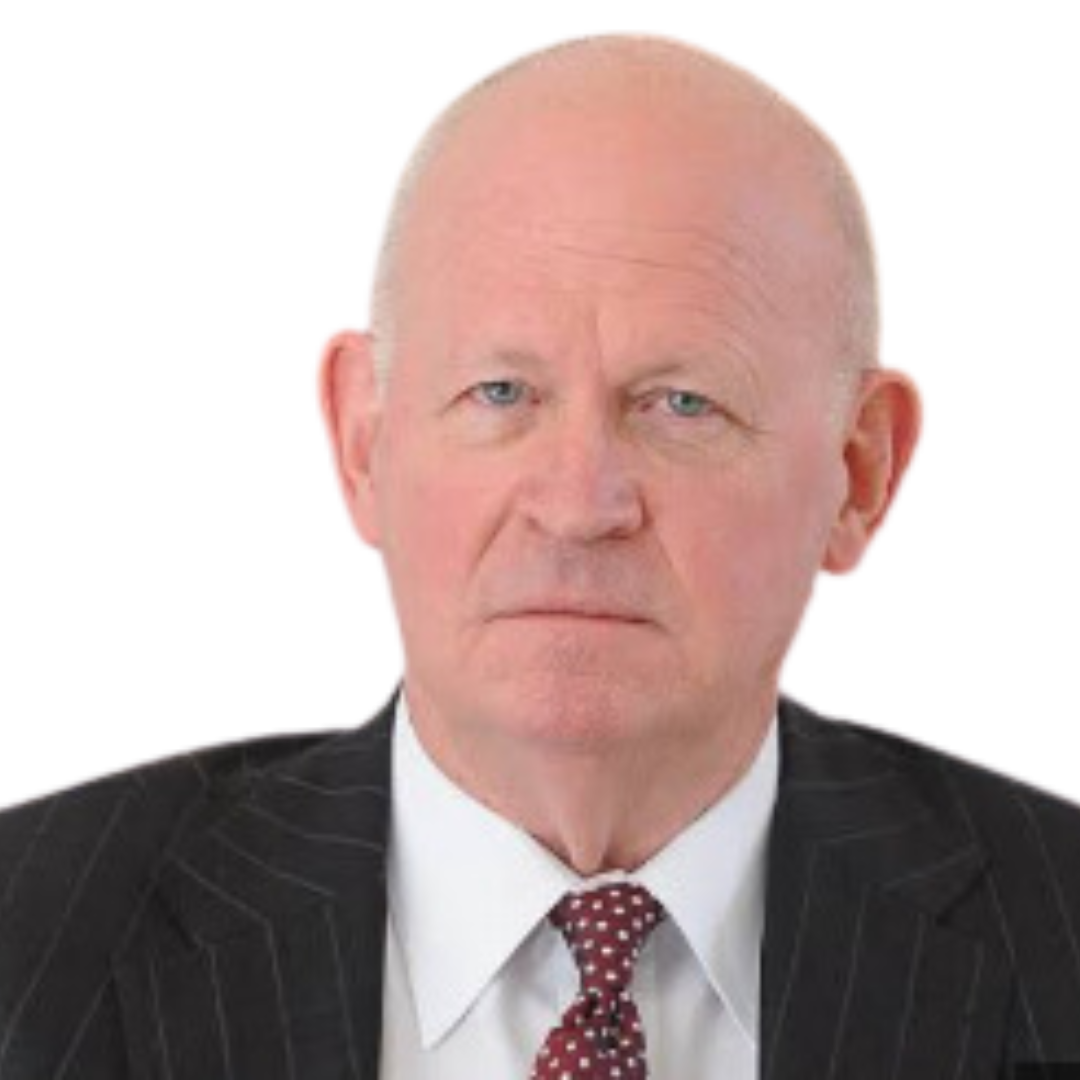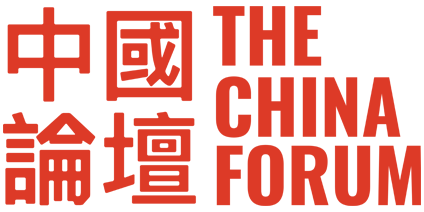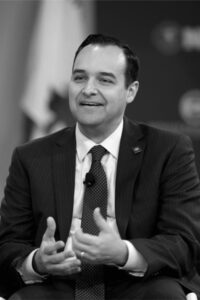China Forum
Navigating the New Era: Confronting Beijing’s Evolving Threats in a Season of Change

- October 27-28, 2025
- Capitol Hill
Thank You To Our 2024 Sponsors
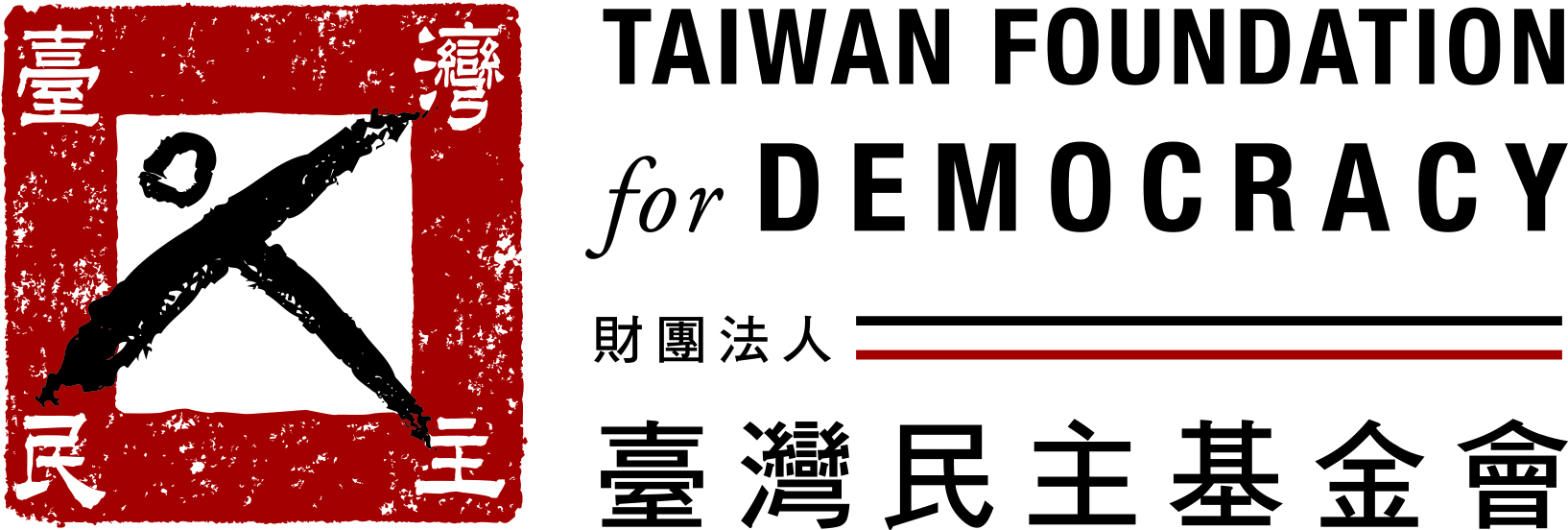

Silver sponsors
Anonymous
David Cleveland
Dr. & Mrs. Edwin Feulner
Lady Blanka Rosenstiel
Dolkun Isa
Drs. Omar & Josefina Vento
Arnold Fields
Edgar B. Anderson
Raymond Badynskyj
Bronze sponsors
Don Bellante
Brett Beveridge
Eleanore and Matthew Boyse
Joseph Gatwood
Crawley Joyner
Michael Maibach
Christian D. Orr
David Pinell
Robert Stroud
Randal Teague
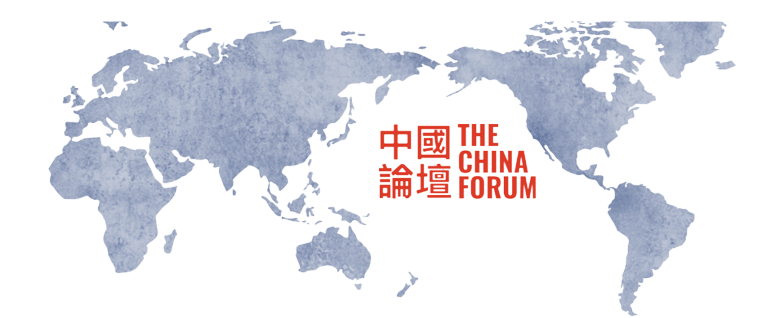
October 27-28, 2025
Capitol Hill
About
China Forum is an annual conference hosted by the Victims of Communism Memorial Foundation, convening scholars, experts, and policymakers in the areas of trade and economics, foreign policy and security, and human rights and political development. The goal of China Forum is to help Americans understand the nature of the People’s Republic of China, the Chinese Communist Party, and key issues in U.S.-China relations.
5
Panels
25 +
Expert Speakers
1
Film Screening
AGENDA
China Forum Day One
- 3:30 PM - 7:30 PM
- Monday, October 27, 2025
Victims of Communism Museum
900 15th Street NW, Washington, D.C. 20005
China Forum Day Two
- 8:30 AM – 5:00 PM
- Tuesday, October 28, 2025
Capitol Visitor Center
1st St SE, Washington, D.C. 20515
Speakers

Head of Defense for Palantir Technologies and a distinguished fellow at the Hudson Institute.
Mike Gallagher, Ph.D.
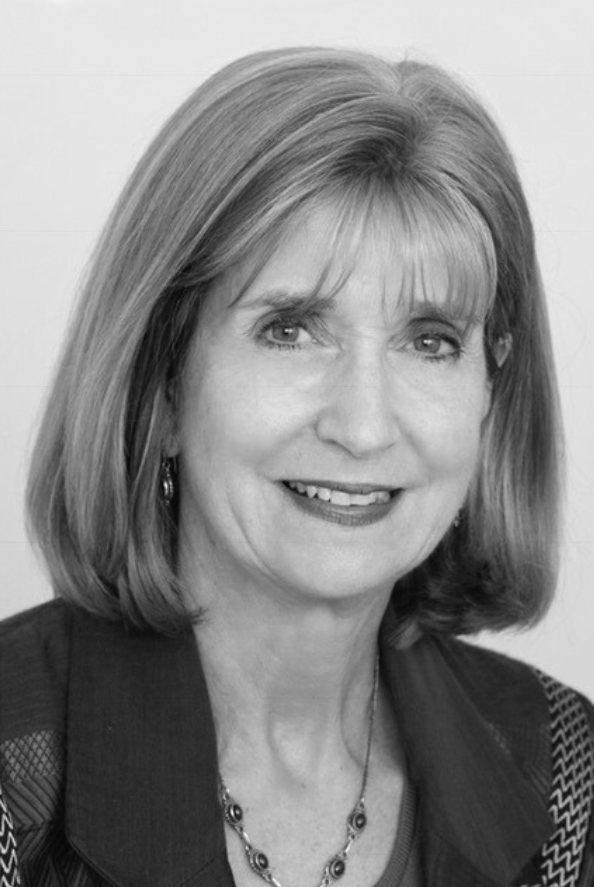
Ambassador Paula J. Dobriansky, Ph.D
VOC Trustee, Vice Chair of the Atlantic Council’s Scowcroft Center for Strategy and Security, and Senior Fellow at Harvard University’s Belfer Center for Science & International Affairs
Ambassador Paula J. Dobriansky, Ph.D.

Milias Senior Fellow at the Hoover Institution, Stanford University, and Chair Professor at the University of Hong Kong
Frank Dikötter, Ph.D.
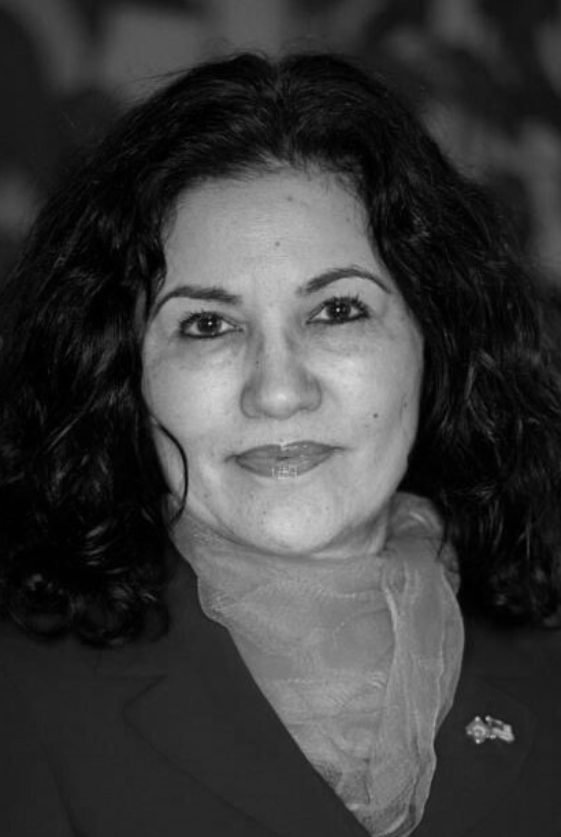
Executive Director, Campaign for Uyghurs and Chairperson of the Executive Committee, World Uyghur Congress
Rushan Abbas
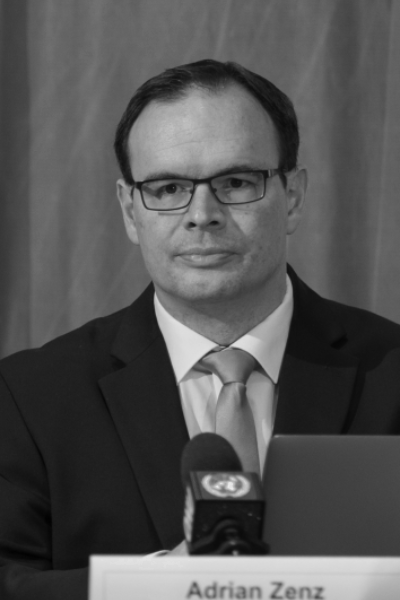
Senior Fellow and Director in China Studies, Victims of Communism Memorial Foundation
Adrian Zenz, Ph.D.
Become a Sponsor
Help us educate Americans about the China challenge, and equip the nation to defend and preserve freedom in the 21st century.
Dissident Sponsorship
$500
Umbrella Sponsorship
$1,000
Justice Sponsorship
$5,000
Freedom Sponsorship
$10,000
What Past Speakers Have Said at China Forum

